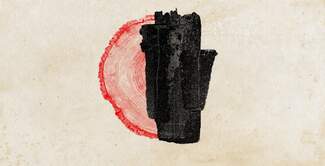
Reykjavík Opera Days: Ragnarok - fate of the gods
Harpa tónlistar- og ráðstefnuhús
25. October 2025
Open from 17:00–18:00
Website: https://operudagar.is/is/2025/ragnarok/
General Admission: See on official website
We meet the Norse Gods, the Æsir, and see how their pride, lies and vanity lead to their deaths in the final battle, Ragnarök. The work is in Icelandic, Old Norse and English. The text comes mostly from the poetry collection “Ragnarökkur” by Benedikt Gröndal (published in 1868), but is also includes excerpts from Völuspá, Sigurdrífumál, Hamðismál and other historical sources. This first act of three contains 16 musical numbers and is just over 1 hour long.
Odin (bass) travels down to Hel, the land of the dead, and awakens the Völva, the Seer, (alto) from the dead with powerful magic and sings: “Hear me Völva,/ I still want to tell you / to the all-knowing, / I still want to know: / Who will kill the Æsir / and rob them of their age?” The Völva rises and shares her knowledge of the future, of the end of the world. The story then travels in time and place from Hel to Ásgarður, the home of the Æsir, just before Ragnarök, where Heimdallur blows the Gjallarhorn, signalling the end of the world, and Odin announces to the Æsir that war is imminent: “Hear now, Æsir, the horn is blown / Gjallarhorn is calling.” Frigg (soprano), the head goddess, sees visions and dreams of the terrible fate that awaits the world. Loki (tenor) leads the army of Múspell (choir) out of the halls of Hel: “Now the might of Múspell rides forth.” Frigg and Odin urge their army of Einherjar (choir) to action. The Einherjar respond: “We all willingly swear an oath / the path to Hel stands open.” The two armies face each other, ready to fight to the death.